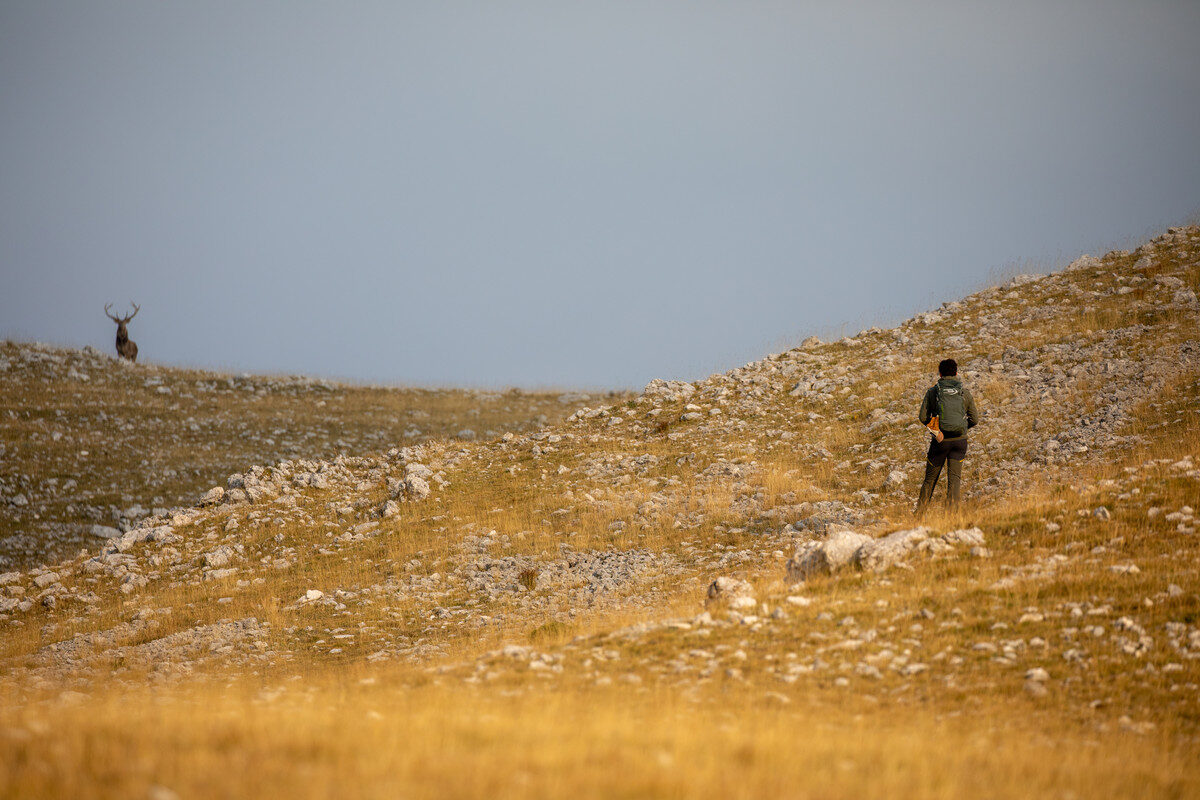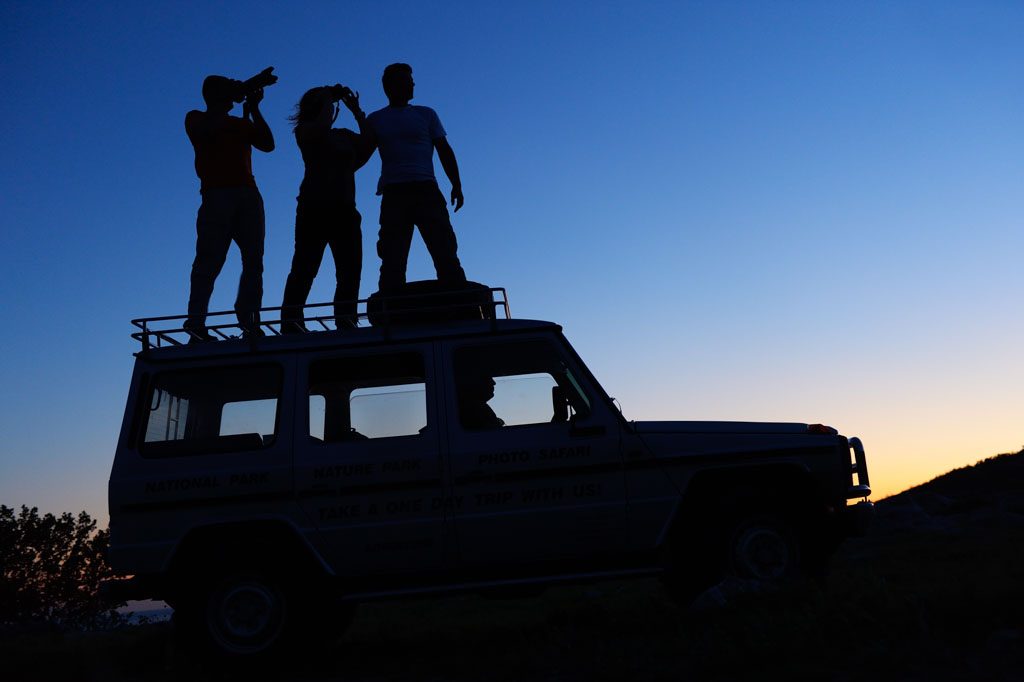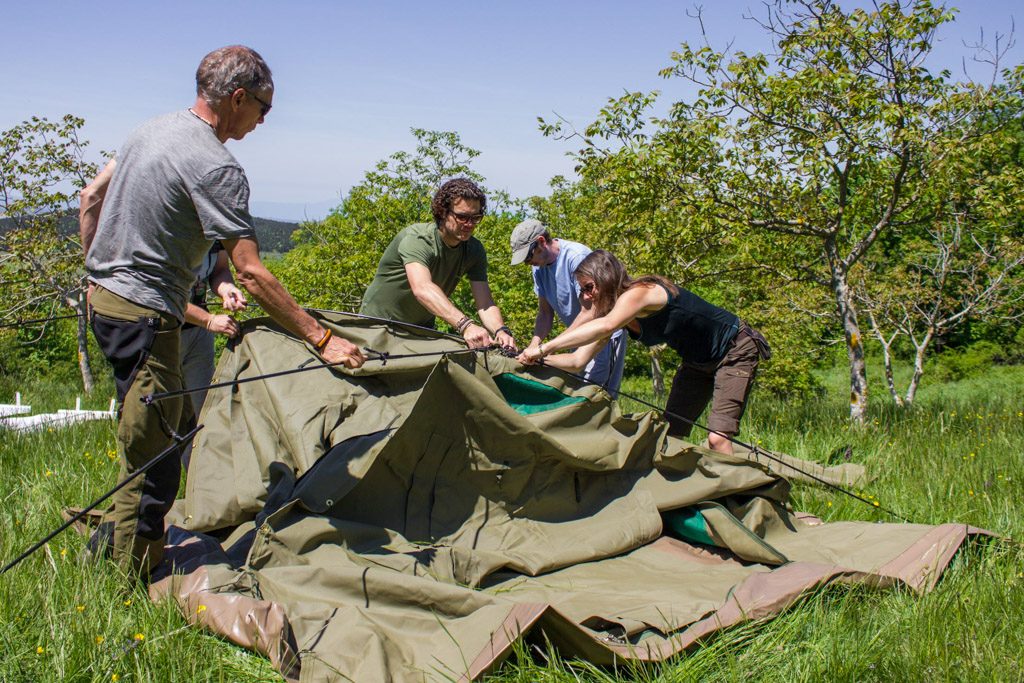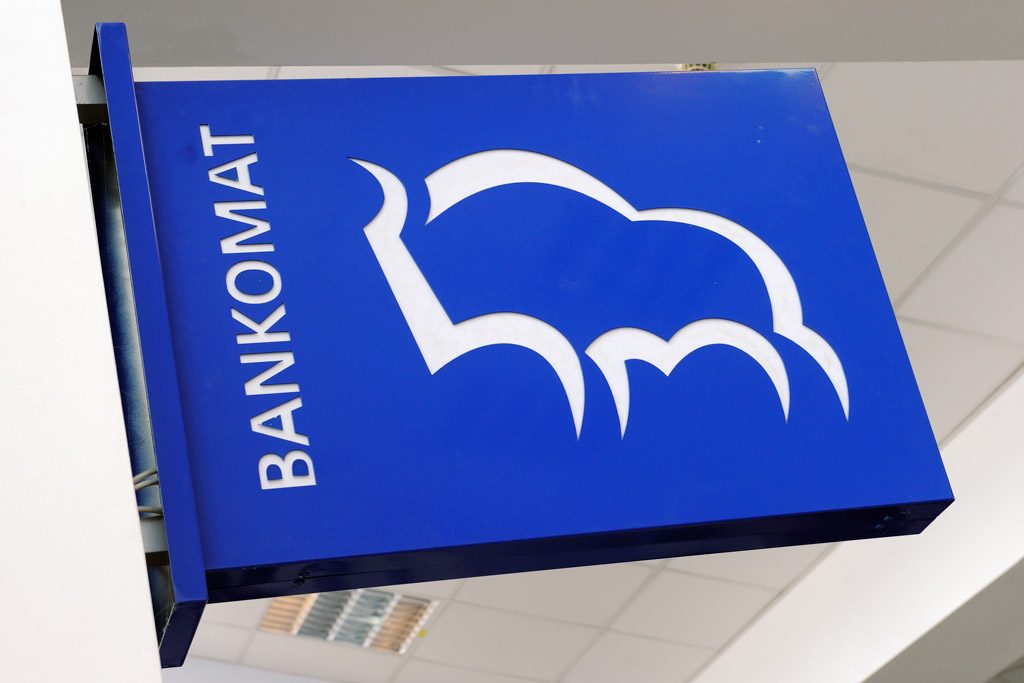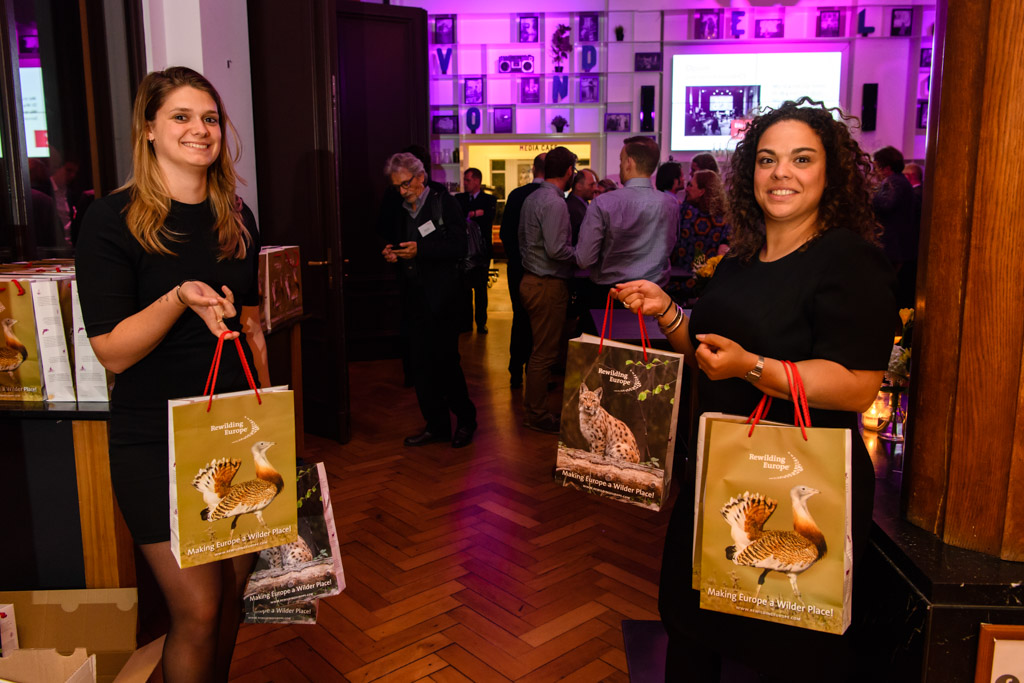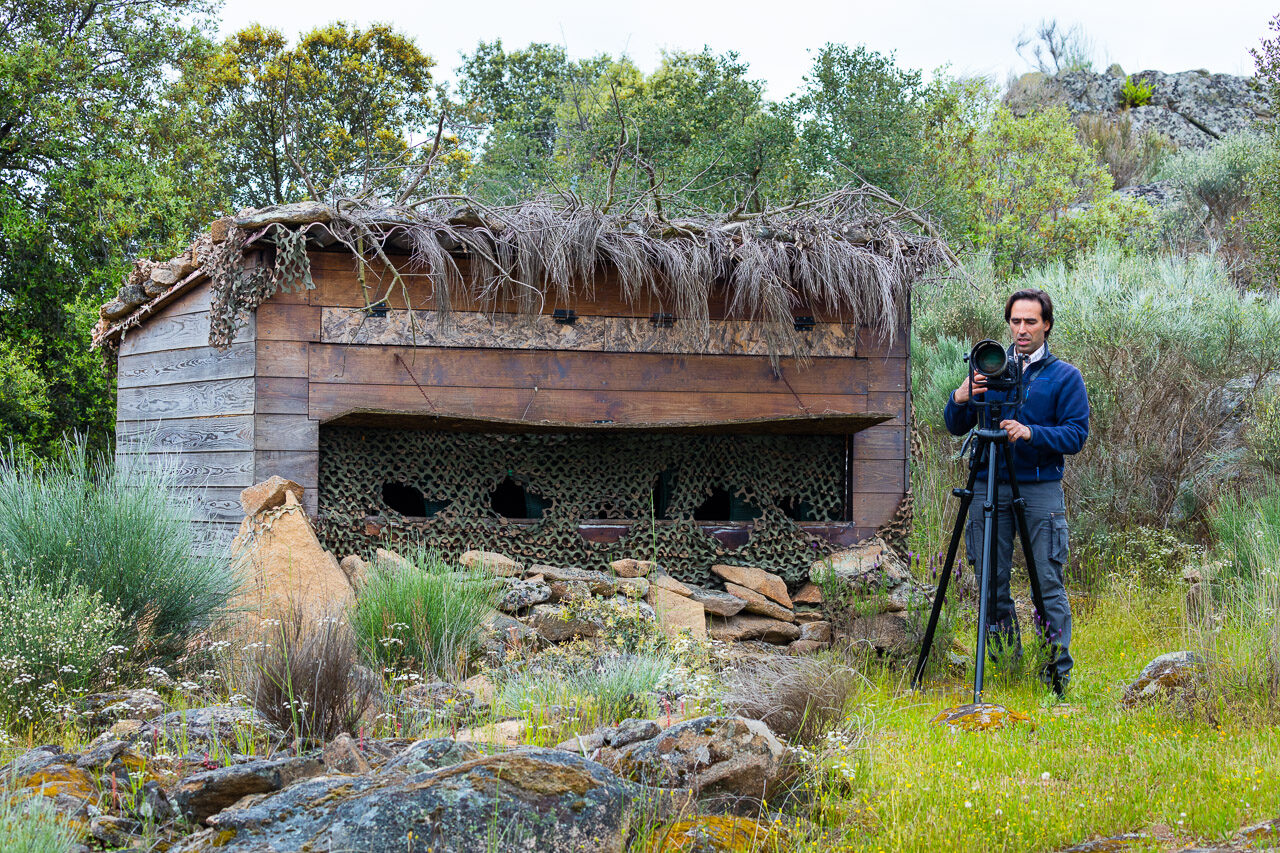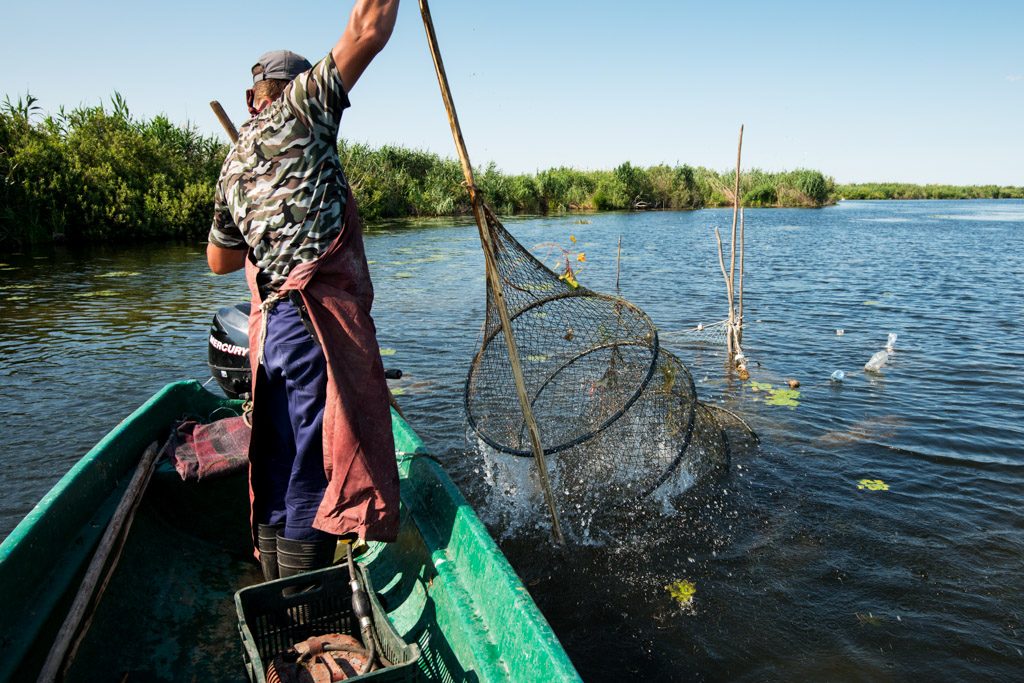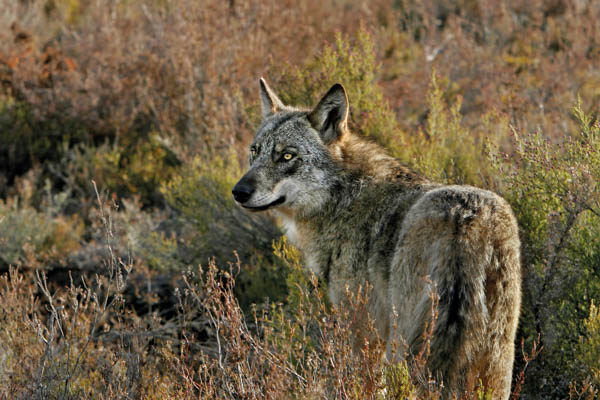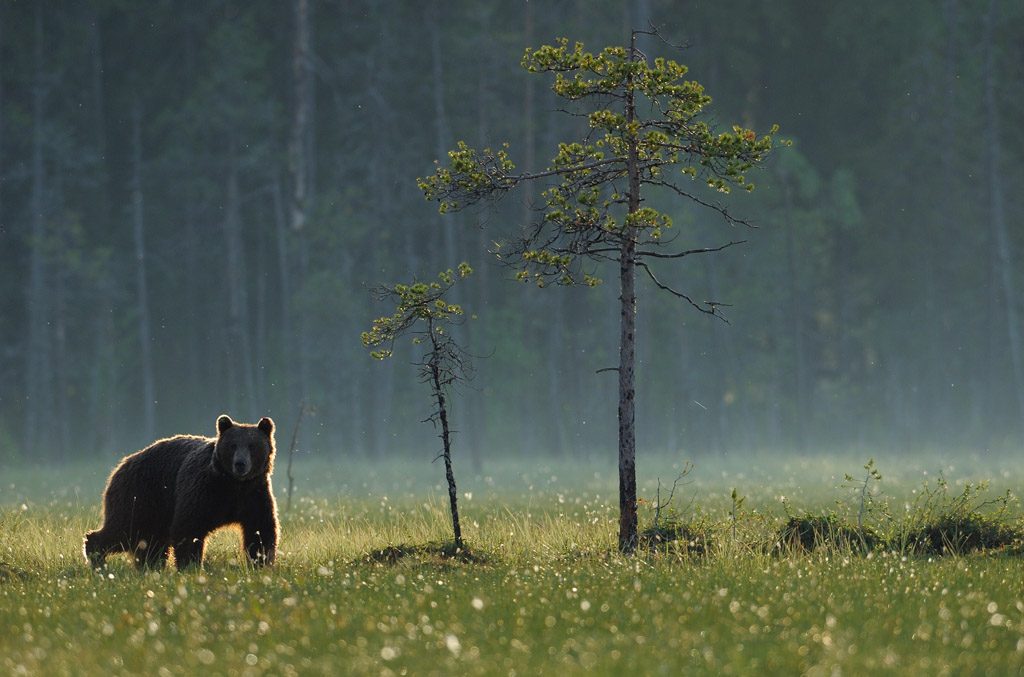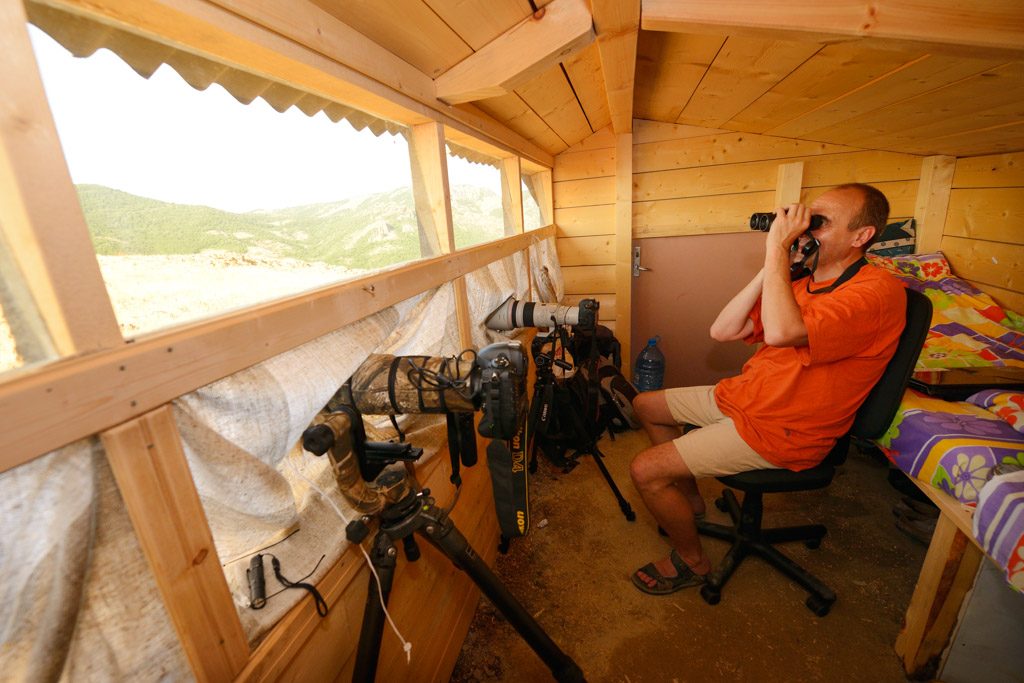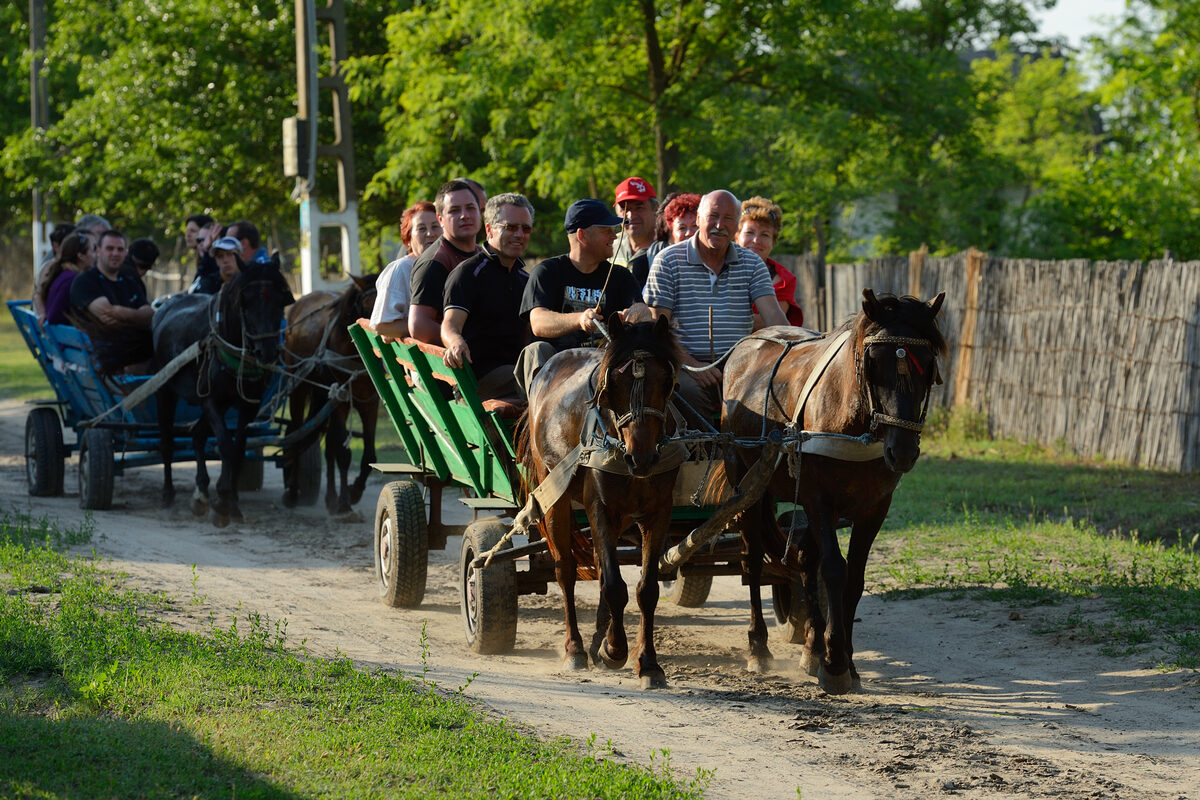Our dedicated team
Rewilding Europe was one of the original European conservation organisations to recognise the potential of the enterprise component to the pursuit of securing more space for nature. Rewilding Europe’s team ‘Nature for People’ brings together people with significant international experience in business, finance and rewilding, and who are dedicated to supporting businesses and communities that have the potential to revitalise rural economies, with the wider goal of engendering a pan-European rewilding enterprise movement.
Rewilding Europe also aims to enable landscape-scale nature recovery across Europe by demonstrating that rewilding initiatives can generate new and significant value for landowners and managers, investors, a wider network of stakeholders, and society at large.

